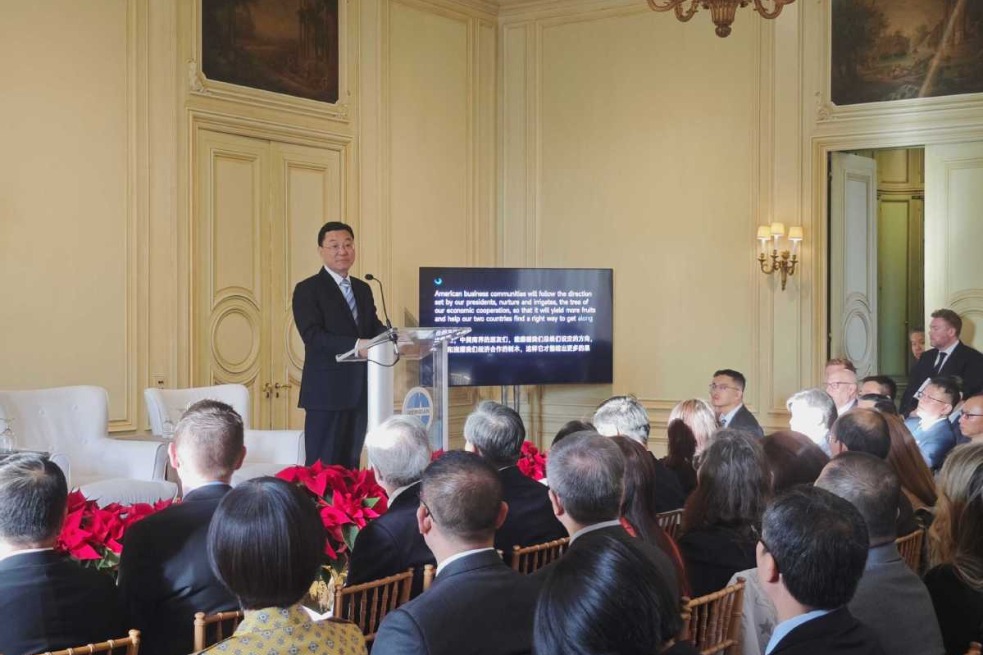Greece's entry shows 16+1 group is inclusive


The West has always had doubts about the "16+1" grouping. While some countries are worried, especially about the rise of China's geopolitical power, some Central and Eastern European countries are concerned that with the advancement of the Belt and Road Initiative, the"16+1" grouping may be replaced or weakened.
But facts speak louder than words. Greece's officially joining the 16+1 grouping not long ago, making it 17+1, shows that cooperation between China and the CEE countries is by no means a temporary phenomenon, but that concepts promoted by the 16+1 initiative are becoming more acceptable globally.
The first concept is openness. Some people say Greece is not a CEE country, but this is wrong. Geographically located in the Balkan region, Greece belongs to Central and Eastern Europe, and it always hoped to join the grouping that comprises Central and Eastern Europe and China.
The real question is whether the 16+1 grouping is an ongoing project. In my opinion, the emergence of the 17+1 grouping shows that China's cooperation with Central and Eastern Europe is as open as other cooperation initiatives promoted by China, like the Asian Infrastructure Investment Bank.
The second concept is transparency. The more China cooperates with Central and Eastern Europe, the more influential it becomes, which has caused unease in some countries.
Therefore, we should focus on what China will do with this influence, rather than on whether China has expanded its influence. China has clearly pointed out that the initiative does not involve military and security fields, and it does not intend to weaken the European Union.

As part of the overall cooperation between China and the EU, the initiative welcomes the EU and its member states to send observers, linking development plans of the EU with those of the initiative.
The third concept is inclusiveness. In fact, the CEE countries differ greatly in economic development, language and culture. Some of them are EU member states, while others are not. And some are in the eurozone, while others are not.
Greece's joining the initiative is further evidence of this diversity and inclusiveness.
The fourth concept is mutual benefit. The quality of cooperation is linked to actual achievements. This is also an important basis for ensuring the continuity of cooperation. According to statistics from the Ministry of Commerce, the trade volume between China and the 16 CEE countries was $82.23 billion in 2018, a year-on-year increase of 21 percent. Of this, China's exports were $59.19 billion, rising by 19.6 percent, and imports were $23.04 billion, soaring by 24.6 percent.
At the same time, Chinese companies have invested more than $10 billion in CEE countries, and 16 CEE countries have invested more than $1.5 billion in China.
Today, the 16+1 grouping has been updated to 17+1, and although the scale of cooperation has changed, the spirit of cooperation has not.
The author is a research professor and deputy director of the Institute for European Studies of the China Institutes of Contemporary International Relations. The views do not necessarily reflect those of China Daily.































